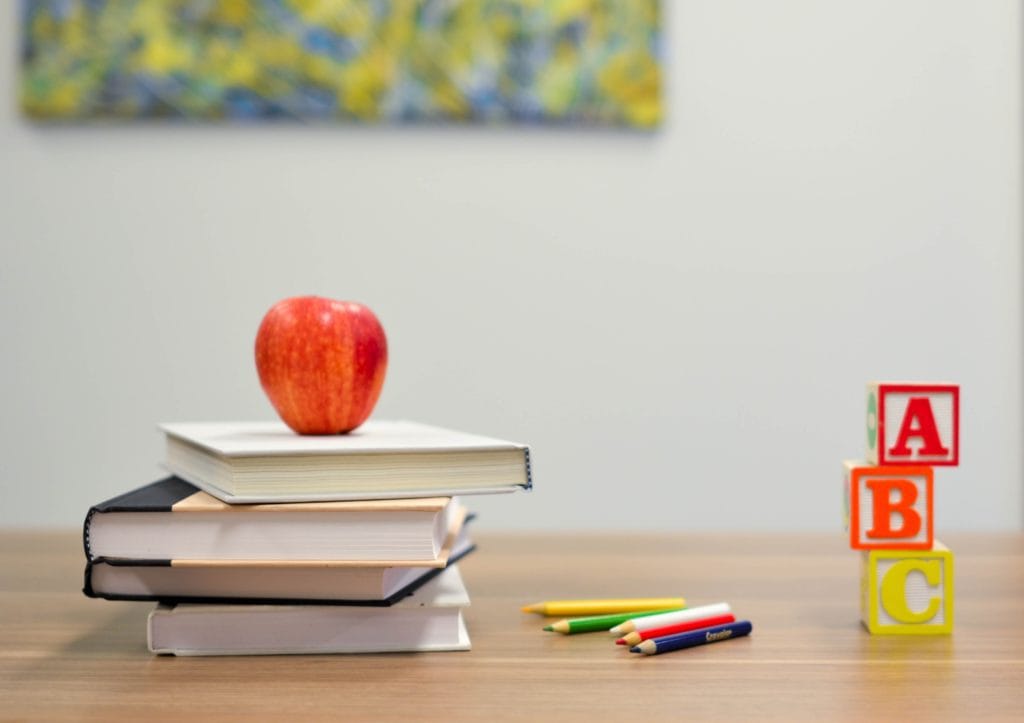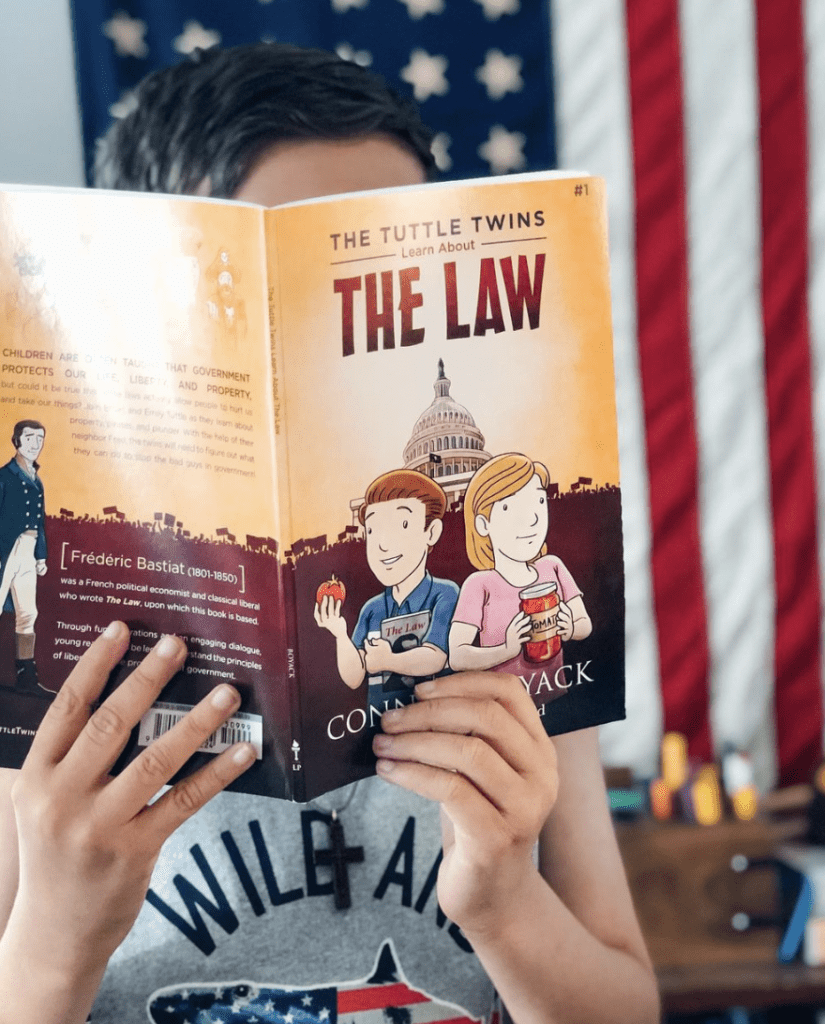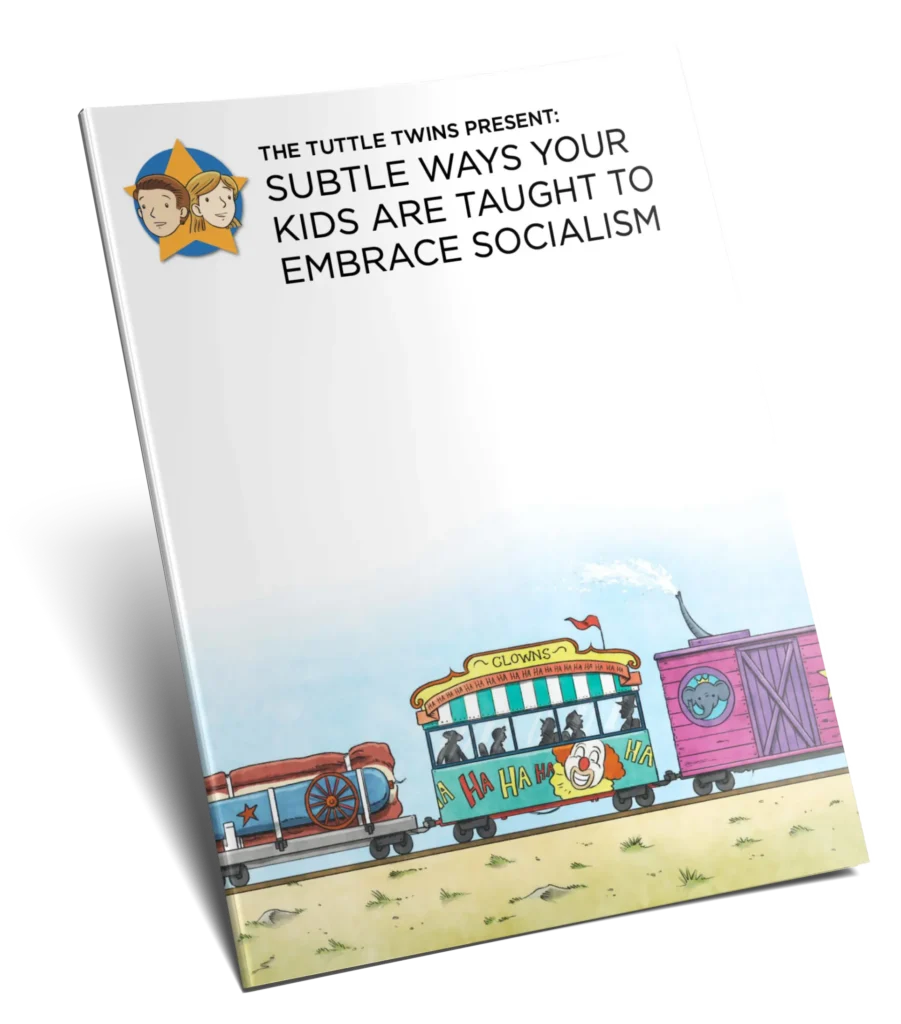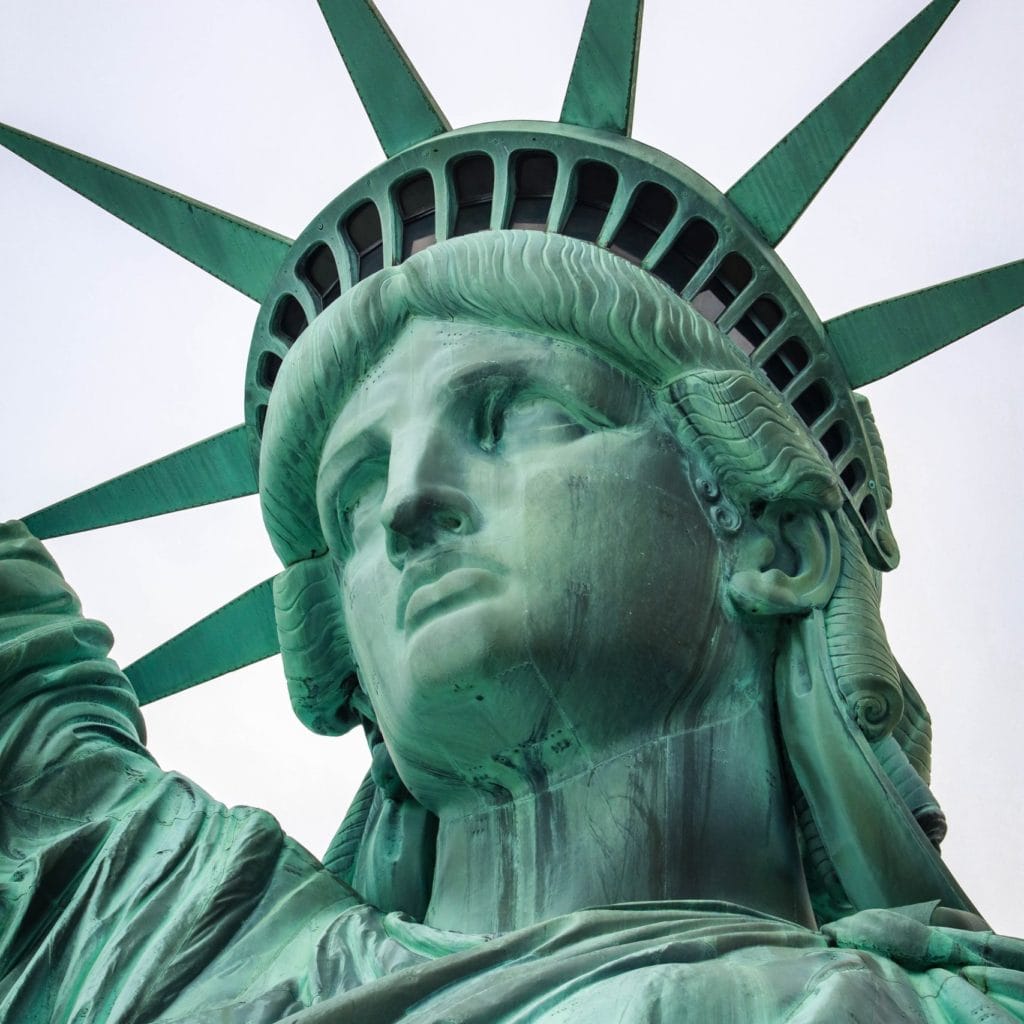
As parents and educators, it is our responsibility to provide children with the knowledge and skills they need to succeed in the real world. This includes teaching children about the principles of liberty, self-reliance, personal responsibility, and limited government.
By instilling these values in children at a young age, we can help them to develop into confident, independent, and responsible adults who are capable of making their own decisions and taking charge of their own lives. Here are some key reasons why children need to be taught these important ideas.
Liberty is essential for human flourishing
We all want our children to become the best versions of themselves. Every parent wants their child to reach their full potential and enjoy life to the fullest. But how can we help them achieve this? What do we need to provide them with so that they have the best chance of flourishing in life? The answer is simple – liberty.
Liberty gives us the freedom to choose, and it allows us to be creative and think outside the box. It creates an environment where people can explore their interests, develop new skills, and take on new challenges without fear or constraint. When people are free, they are more likely to take risks and try something new, which can lead to innovation and progress. Liberty also fosters healthy relationships between individuals as well as groups because it encourages respect for individual autonomy and personal expression.
Liberty is essential for human flourishing because it encourages self-determination and resilience. When people are free, they have control over their own decisions and actions, which gives them a sense of purpose and direction in life. They are more likely to find meaning in their lives by pursuing goals that are meaningful to them rather than having someone else dictate what they should do or how they should live their lives. Moreover, when faced with adversity or failure, free individuals will have the courage and strength of character needed to push through difficult times because they know that ultimately it’s up to them how things turn out.
At its core, liberty is about recognizing that every person has worth and deserves respect regardless of age, gender, race, religion or any other difference between us. Everyone should have access to basic rights such as freedom of speech, religion or thought without fear or consequence. Moreover, everyone should be able to make choices in life without being judged or criticized simply because those choices may differ from others’ opinion or beliefs.
Self-reliance is essential for success and happiness
Teaching your children how to be self-reliant is one of the most important things you can do as a parent. It’s essential for helping them develop the confidence, resilience, and skills they need to become successful adults.
Self-reliance teaches children to rely on their own resources instead of relying on others. This means that they learn to make decisions based upon their own judgment, instincts, and experiences rather than relying on external influences or opinions—allowing them to build their own self-confidence while learning problem solving skills. It also helps them learn how to manage their time better, set goals, and stay organized—all of which are important life skills that will serve them well in adulthood.
The best way to foster self-reliance in your child is by offering guidance rather than simply telling them what to do or giving them solutions. By taking this approach, you are teaching them how to think for themselves and make decisions with confidence. You can also encourage your child’s independence by allowing him or her to take on age appropriate tasks such as helping around the house or completing school assignments without direct supervision from you.
Personal responsibility is essential for a free society
As parents, it’s our job to raise kids who understand that with freedom comes responsibility, and that they have an important role to play in upholding the values of freedom and responsibility.
When you think about a free society, you probably think about the ability to express yourself freely, vote for your leaders, travel where you want, or own property. The reality is that all of these freedoms are made possible by personal responsibility. A society can only exist if people take stock of their individual responsibilities and act accordingly. That means respecting the laws of the land, being accountable for your actions, and looking out for your fellow citizens. All of these things come together to form a strong sense of community—one that is based on trust and mutual respect.
It is important to model good behavior for our kids. That means being mindful about how we behave as adults in public and at home. Do we show respect for other people? Are we dependable and honest? Do we take responsibility when something goes wrong? By modeling responsible behavior ourselves, we are teaching our children by example what it means to live responsibly.
It’s also important to encourage young people to practice good habits such as tidying up after themselves (including keeping their room clean!), doing their homework without needing reminders from you, and following through on promises they make (like calling a friend back if they say they will). Practicing good habits helps instill accountability in our children which can help them develop into responsible people later in life. Encouraging them when they do something right can help reinforce this behavior—plus it builds their self-confidence!
Personal responsibility plays an integral role in any free society because it encourages others to take ownership over their actions and be held accountable for them, and ultimately creates an environment built upon mutual respect and trust between individuals.
Limited government is essential for protecting individual freedom
When children are taught about limited government, they should be learning that the government exists to protect their rights—not that the government gives them their rights. Knowing this important truth helps children see government for what it should be (a protector of the individual against those who would try to infringe on their rights to peacefully live) and to reject the government’s ever-expanding intrusion into the personal lives and business of private citizens.
Limited government is essential in order to protect citizens’ rights and ensure they are able to exercise their freedom of choice without fear of retribution or oppression. By limiting the power of the state, individuals are free to pursue their own interests and goals without interference or coercion. This allows people to live with greater autonomy and independence while still enjoying protection from potential harm or abuse by others within society.
Limiting government also promotes economic growth because businesses have more freedom to operate without excessive regulation or taxation from the state; it encourages innovation because individuals have more incentives to come up with creative solutions; and it provides greater security because governments cannot arbitrarily interfere in people’s lives or infringe upon their civil liberties. In addition, limited government helps create a fairer society where everyone has access to equal opportunities and resources regardless of social status or background. A small and accountable government is a win for business and innovation, and by extension—individual and societal prosperity.
Teaching children about liberty, self-reliance, personal responsibility, and limited government is essential for their success and happiness. By instilling these values in our children at a young age, we can help them to develop into confident, independent, and responsible adults who are capable of making their own decisions and taking charge of their own lives.
In The Tuttle Twins Learn About The Law, twins Ethan and Emily learn what role the government should have in a free and prosperous society, and why the people should work hard to keep the government within it’s proper bounds. The government is not getting any smaller, and our kids deserve to be armed with the knowledge that will give them the best chance at living in a free and safe society when they’re older.
